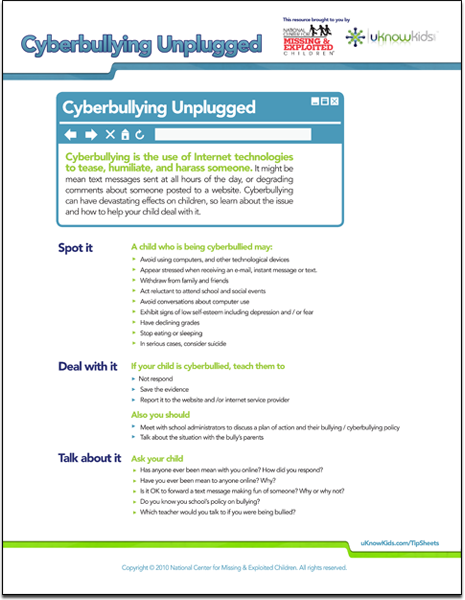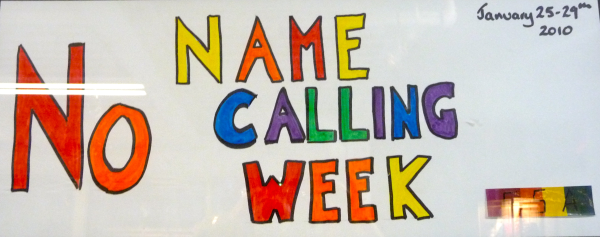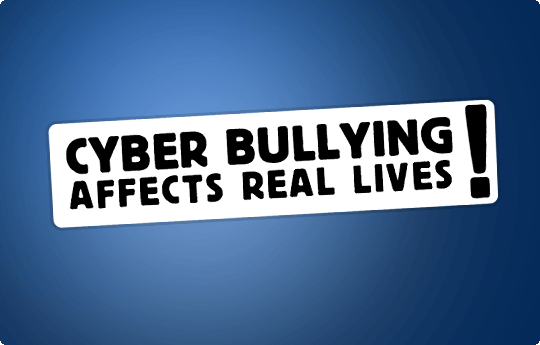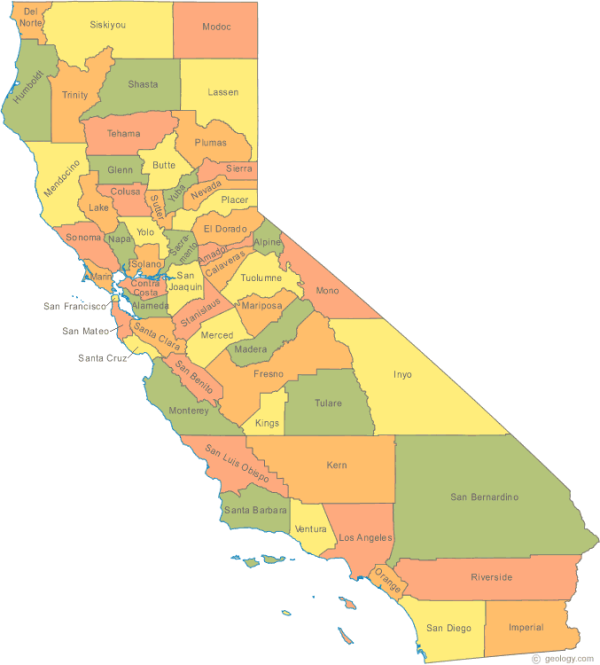We hear a lot about Facebook for kids and age these days. Mark Zuckerburg himself has said that he thinks the age minimum of 13 should be lifted. And plenty of kids as young as 9 and 10 are on Facebook nothwithstanding the age minimum, some of them with mom and dad's full approval.
But here are 10 safety reasons that your preteen should not be on Facebook:
1. Helping your preteen create a Facebook account is helping them lie about their age to skirt the 13-year-old age minimum. Not only are you teaching your child that you think it's okay to fudge the truth sometimes, you're setting a dangerous precedent that if you think you know better than the rule, you can break it.


















 Burnbook.com not only helps cyberbullies spread nasty rumors about whoever they want with complete anonymity, it can also help them publicize it to the whole school.
Burnbook.com not only helps cyberbullies spread nasty rumors about whoever they want with complete anonymity, it can also help them publicize it to the whole school.
